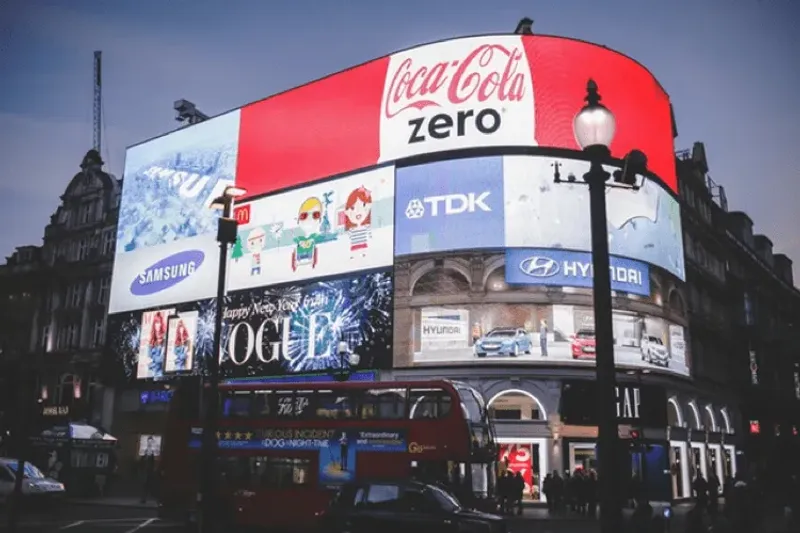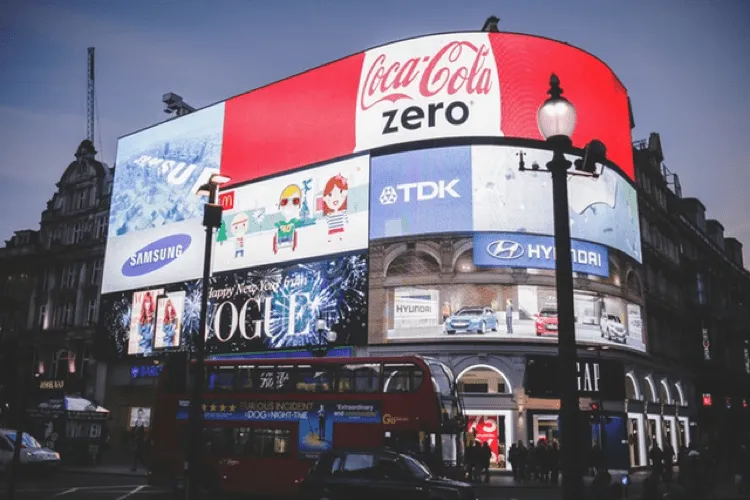
Google Shopping: Why Consumers Don't Buy What They Search For
Before we begin, we want to introduce Google Shopping to readers who may not know what it is. We want you to open up a new browser and go to the Google homepage. In the search bar, type in “basketball shorts.” Do you see the various gym shorts that appear on the page when you searched for the product?
Well, you’ll also find the statement “Shop for basketball shorts on Google” above it. Ladies and gentlemen, say hello to Google Shopping.
Google Shopping allows consumers to search and compare prices among various vendors. The point of this Google service is to help businesses, big or small, advertise certain products to their consumers. As a business owner, you couldn’t ask for a better way to promote your store. With the proper extension, a retailer could greatly increase the growth of his or her business.
Unfortunately, consumers still choose to avoid purchasing items from Google Shopping. A buyer will search for a certain item, see the Google advertisement, and still choose to shop elsewhere. Why?
Because the way consumers think has changed dramatically over the years. They’ve become smarter and understand the way advertisements work, so they choose to avoid them as much as possible.
In order to observe why consumers don’t purchase certain items, you need to examine their buying tendencies. So, here are the top three influences that make consumers want to shop at a particular store.
Brand Loyalty
What do companies like Nike, Apple, Coca-Cola, and BMW all have in common? They are brand name powerhouses. These corporations have built a reputation for creating some of the most luxurious products in today’s market. Consumers trust these brand names, so they are more likely to choose items with their names or logos on them.
You don’t usually see people carrying an iPhone with a Sony laptop. That’s because brand loyalty has caused consumers to stick to their products and not their competitors. Businesses understand that developing a strong brand can have long-term benefits and create a loyal customer base.
Furthermore, once brand loyalty is established in a customer, he or she will not be looking to switch over anytime soon. When a consumer finds a product that he loves, he’ll most likely remain with that same brand name product over the years. Brand loyalty has the ability to convince a consumer to only buy items with them and no one else, which is why so many corporations are using the concept in their advertisement campaigns.

It’s All About the Experience
But, how did large corporations like Coca-Cola build up their brand name and obtain a loyal customer base?
Nowadays, expensive television advertisements and radio advertisements are a thing of the past; instead, companies are trying to relate to their consumers.
Have you ever gone to an Apple store and seen a large amount of people roaming around? Well that’s because the corporation has created a friendly atmosphere focusing on customer experience. Consumers can literally walk in and play around with various Apple gadgets to see how they function. Now there are numerous stores and businesses trying to utilize the same concept as Apple, in terms of customer experience.
Furthermore, quality experiences with a product build a trust between the consumer and the company. Consumers today look for experiences to guide their shopping habits. They purchase certain items based on their past experiences with the brand.
Also, these experiences don’t necessarily have to be your experience, but someone else’s. For instance, if your friend recommends a certain product, you will most likely purchase the product because your friend has had good experience with it, not you.
By building a special experience with consumers, a company can gradually build a reliable brand name. Therefore, creating a unique experience and brand name can intertwine, which will help a business flourish over the years.
Following the Mass
When it comes to products, consumers are influenced greatly by other consumers. Have you ever decided to purchase a certain product just because everyone else has it? Well, you’re not alone. Massive amounts of people purchase certain items to fit in with the social norm.
In a business perspective, this is the crème de la crème of advertisement. That’s because consumers are basically doing the work by creating a social trend for others to follow. By creating a product fad, other people will purchase the same item because they yearn for social acceptance. That being said, social acceptance results from quality experience along with brand loyalty. Hence, trends are established by unique values created by businesses.
So What Does This Mean for Google Shopping?
Although Google is THE search engine everyone uses, people understand how Google uses their advertisements. Consumers understand that the first couple of search results are usually paid advertisements from various companies. Therefore, they ignore them and move on to the links below the advertisements.
So, when a consumer sees the promoted Google Shopping advertisement, they subconsciously ignore the advertisement and move on to the websites of brand names they trust. That means retailers need to do more than just inputting their products into the Google Shopping system. They need to optimize their products to stand out from the competition to have a higher chance of attracting customers to their site to purchase the items.
How? Well, businesses should use special extensions. There are various tools that retailers can use to increase their likelihood of appearing when someone searches for a product they have in their store. However, retailers need to understand that having their product pop up in a search engine isn’t enough to attract consumers. Although there is some return on investment when using these advertisements, for a business to become an empire they need to do more for their consumers.
Conclusion
Consumers have evolved throughout the decades, and the way they are deciding to purchase products has changed. They have become smarter when detecting marketing and advertising campaigns. Hence, they are able to make better decisions in terms of their self-interest when shopping.
That being said, companies are still able to persuade their purchasing powers by establishing brand loyalty and high-quality experiences for the consumers, which in turn may create a product trend. Find out their niche and work from there, but never overlook the intelligence of the average consumer.
